Intersectionality in Pride Month: Some Resources for Novices and Veterans Alike
It's more important now than ever before to understand intersectionality. As we celebrate Pride Month, the unfinished business of various social-justice struggles demands our attention.
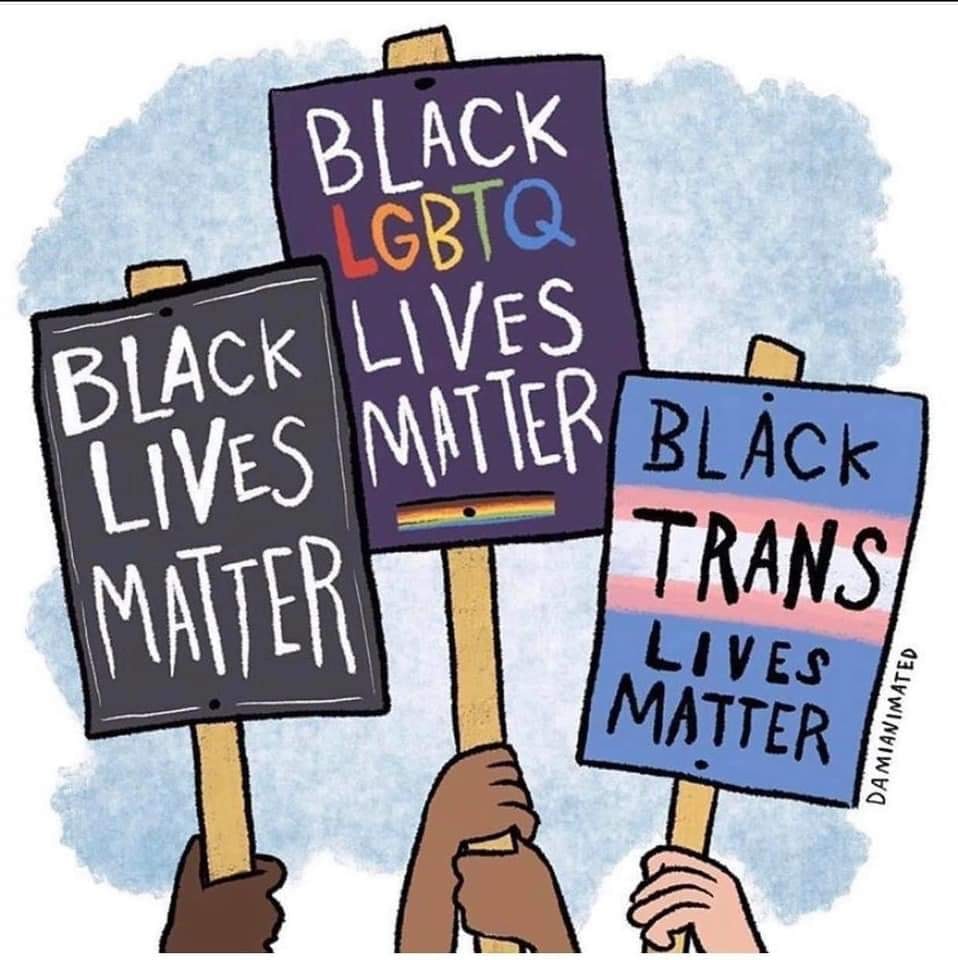
By Dr. Mikko Tuhkanen, English professor
As we celebrate LGBTQ+ histories and cultures during this Pride Month, the unfinished business of various social-justice struggles demands our attention. Rather than comforting ourselves with narratives of progress, we are asked to respond to — to act response-ably in the face of — the worldwide demonstrations against state violence.
The mindset involved in this task is sometimes called “intersectionality.” It’s a concept that calls us to consider the ways in which we become who we are across various axes of difference and, consequently, the ways in which our struggles intersect with those of various other groups, if we only allow ourselves to see this.
The following list of resources has been compiled with this in mind. It asks that, in our Pride celebrations, we go “back to the basics.” If we go back to the basics, we discover that the basics were never as basic – never as familiar – as we thought they were. In this spirit, the following offers suggestions for materials that might interest those of us searching for some staples in LGBTQ+ histories, while making those of us more familiar with these histories cast another look at what we thought we already knew.
Get a brief introduction to “intersctionality”
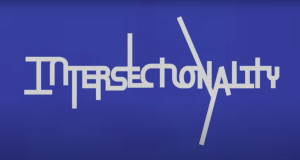
Gain a better understanding of “intersectionality” in less than three minutes by watching this helpful video from Professor Peter Hopkins, professor of social geography and University Dean of Social Justice at Newcastle University.

The term “intersectionality” was coined by Kimberlé Crenshaw. Trickle down approaches to social justice simply don’t work, as Crenshaw beautifully and clearly explains in her short TED talk. It’s now more important than ever before to look at the reality of race and gender bias and to fully understand what happens when the two combine.
Ro Haber, dir., Stonewall Forever
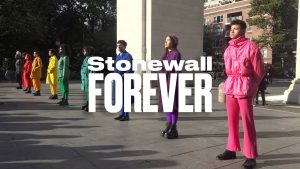
This brief piece looks at what LGBT historians point to as a turning point in the modern “gay liberation movement”—the Stonewall riots—while reminding us of the ways in which many of the movement’s early participants (mostly, trans women of color) were written out of the chapters of gay and lesbian history that they helped open.
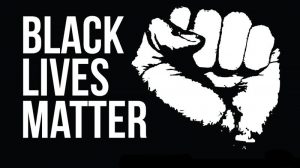
As some of the commentators in Stonewall Forever make clear, solidarity and coalitional thinking remain particularly important at the present time. For Pride Month, this website offers a wealth of information and resources for thinking about social justice and racial histories, with particular emphasis on the Black Lives Matter movement. Perhaps start the exploration with Lauren Grant’s documentary Stay Woke: The Black Lives Matter Movement.
Barry Jenkins, dir., Moonlight (2016)
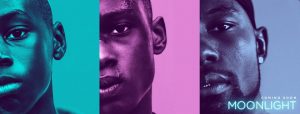
The concept of “intersectionality” itself has come under some criticism for its perceived silencing of black men for their presumed privilege of maleness (see Tommy Curry’s book The Man-Not: Race, Class, Genre, and the Dilemmas of Black Manhood [207]). This brilliant film may provide something of a counterpoint to this tendency.
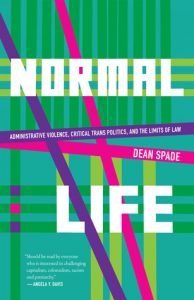
Spade’s book offers an insightful exploration of the way in which trans lives are rendered invisible and unlivable through legislative decision. The book asks us to reconsider the “rights discourse” that has guided much of LGBTQ+ civil rights efforts—most notably, the fight for marriage equality—from the perspective not only of transgender lives but also of coalitional politics. Dean calls us to consider questions of social justice that go beyond what we immediately recognize as LGBT-related issues.
Michelle Alexander, The New Jim Crow: Mass Incarceration in the Age of Color Blindness (2010) AND Ava DuVernay, dir., 13th (2016) (on Netflix)
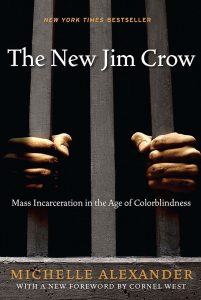
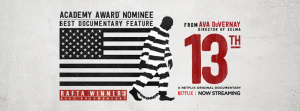
These two studies about the carceral system in the United States does analogous work to Dean Spade’s study of the effects that the often invisible assumptions behind legislative decisions on transgender people.
Anything and everything by James Baldwin

Don’t miss Go Tell It on the Mountain (1953) (his stunning debut novel), Giovanni’s Room (1956), The Fire Next Time (1963), and Just Above My Head (1979). The documentaries James Baldwin: The Price of the Ticket (1989) and I Am Not Your Negro (2016) provide excellent introductions to Baldwin’s life and work.

Aggies can find out about the library resources on LGBTQ+ topics at the link above. See also the list of suggested readings for Pride Month, by English graduate students Justin Rogers and Landon Sadler at https://liberalarts.tamu.edu/blog/2020/06/05/what-to-read-during-pride-month/.
